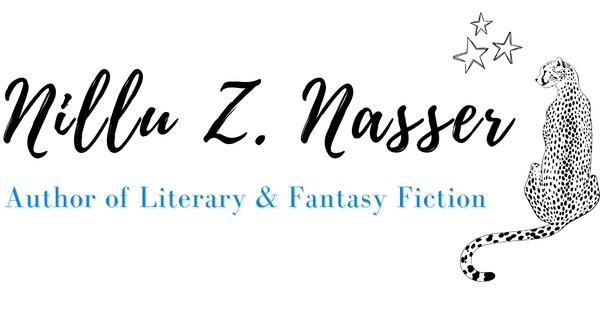Photo by Jonathan Emmanuel Flores Tarello
This blog dips into my thought waves, and often I spill onto the page what I am discovering myself. In that way, it’s a record of my learning and journey to publication. It’s been a long time coming, but I am finally within sight of finishing the first draft of my novel. I am both excited and terrified!
Redrafting
Once the final sentence has been written, I plan to set the novel aside for a few weeks. Common wisdom tells us to gain distance from the manuscript before diving into the editing trenches. Much of my novel has been submitted to my critique group (I’ve waxed lyrical about The Virtual Writer’s Workshop before here for the writers amongst you, who might be interested). Draft 2 will be a chance to consider workshop comments and my own intuition about what could work better.
For me, that means spending time with my family before reaching for a red pen and reading my novel through with a big picture view, and an eye for plots holes, inconsistent characterisation, pacing and gaps in research. I also want to add additional colour to my settings, and will be immersing myself in movies and picture books about Mumbai.

A team effort
Writing is a solitary activity, but whatever publishing route we take – self-published, indie, traditional or hybrid – it is clear that preparing a book for the market is a team effort. It’s up to you to decide on the make-up of your team, but they may include: critique groups, beta-readers, cover artist, proofreader, editor, marketing assistant and formatter. In many ways, this part of the process, having invested so much time and passion into the story so far, is more nail-biting than the actual writing.
Types of editors
As my plan is to submit to agents, I am planning to improve my story as much as possible by myself, enlist the help of beta readers and then start the query process. I have also begun to think about professional editing. This is a must for self-published novels, but it may also be worth considering if repeated feedback from agents reveals the manuscript it not quite ready yet. Leave plenty of time to choose the right freelance editor for you. You don’t want to miss out on finding the right editor match just because you haven’t planned ahead. A good editor can make a difference in your quest for an agent, the reviews you get, and critical acclaim.
First you need to know what you are looking for:
- A content editor looks at the structure of your novel: character arcs, pacing and plot holes.
- A copy editor looks at your language and checks facts: readability, grammar use, consistency of style.
- A line editor gives the manuscript at final read though: checking for wandering punctuation, spelling errors, those niggling errors that you miss because you have read your work a hundred times over.



